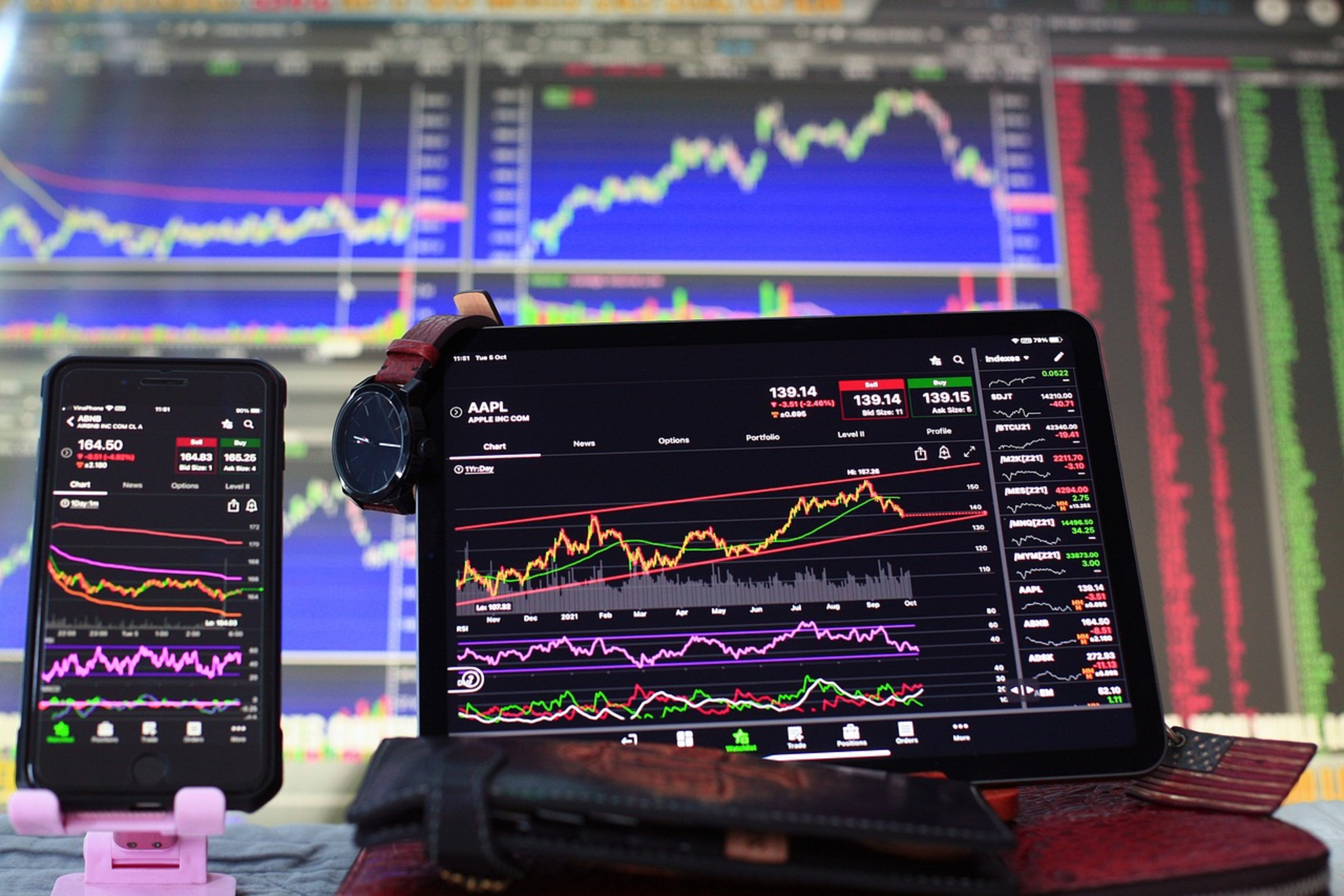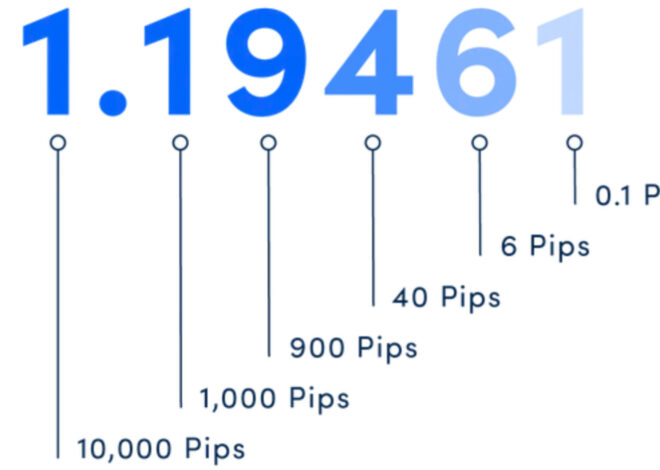
Does Forex Trading Really Work?
Forex trading, or foreign exchange trading, has gained immense popularity over the years, attracting both seasoned investors and novices alike. While many are drawn to the allure of quick profits, the question remains: does Forex trading really work? This article aims to provide a comprehensive overview of Forex trading, shedding light on its mechanics, risks, strategies, and real-life success stories, ultimately answering whether it is worth the investment.
Understanding the Basics of Forex Trading Mechanics
Before delving into the potential of Forex trading, it is crucial to grasp its fundamental mechanics. Forex trading involves exchanging one currency for another with the goal of making a profit from fluctuations in exchange rates.
Key Concepts:
- Currency Pairs: Forex trading is conducted in pairs (e.g., USD/EUR), where one currency is bought while the other is sold.
- Pips: A pip is the smallest price move that a given exchange rate can make based on market convention.
- Leverage: Traders can borrow capital to increase their position size, amplifying both potential profits and losses.
- Market Hours: The Forex market operates 24 hours a day during weekdays, providing flexibility for traders worldwide.
Understanding these concepts is vital for anyone looking to enter the Forex market.
The Myth of Overnight Success in Forex Trading
One of the most pervasive myths surrounding Forex trading is the notion of overnight success. Many aspiring traders believe they can make quick profits without substantial effort or knowledge. This belief often leads to unrealistic expectations and eventual disappointment.
Reality Check:
- Learning Curve: Becoming proficient in Forex trading takes time and education. Traders must understand market trends, economic indicators, and technical analysis.
- Emotional Discipline: Successful traders must manage their emotions and avoid impulsive decisions based on fear or greed.
- Long-term Commitment: Forex trading requires consistent effort and dedication. While some may experience quick wins, sustained success is rarely achieved overnight.
Analyzing the Risks Involved in Forex Trading

Understanding the risks associated with Forex trading is essential for any prospective trader. The market is inherently volatile, and various factors can lead to significant losses.
Major Risks:
- Market Risk: Sudden changes in currency prices can result in unexpected losses.
- Leverage Risk: Using leverage can amplify losses, leading to margin calls or account depletion.
- Counterparty Risk: The risk that the broker may fail to fulfill their obligations can impact traders’ investments.
- Economic Factors: Changes in interest rates, political instability, and economic announcements can significantly affect currency values.
It’s essential for traders to assess their risk tolerance and develop strategies to mitigate these risks before entering the market.
Strategies: Do They Really Enhance Trading Success?
Many traders turn to various strategies in hopes of improving their chances of success. However, the effectiveness of these strategies can vary widely among individuals.
Common Strategies:
- Technical Analysis: Utilizing charts and indicators to predict future price movements.
- Fundamental Analysis: Analyzing economic news and events that may impact currency values.
- Scalping: Making quick trades to capitalize on small price changes.
- Swing Trading: Holding positions for several days or weeks to profit from short-term market movements.
While strategies can enhance trading success, they are not foolproof. Traders must find a methodology that aligns with their trading style, risk tolerance, and market insight.
Real-Life Success Stories: What Can We Learn?
While many traders encounter challenges in Forex trading, numerous success stories serve as inspiration. Notable traders have overcome initial failures to achieve substantial profits.
Example: George Soros
George Soros famously shorted the British pound in 1992, netting over $1 billion in profit in a single day. His success was attributed to:
- In-depth Analysis: Soros conducted thorough research and analysis, understanding the macroeconomic factors at play.
- Risk Management: He effectively managed his risk by leveraging only what he could afford to lose.
Lessons Learned:
- Education and Research: Continuous learning and analysis are vital for making informed trading decisions.
- Risk Management: Successful traders prioritize protecting their capital.
- Adaptability: The ability to adapt and revise strategies based on market conditions is crucial.
Comparative Table: Forex Trading vs. Other Investment Options
| Aspect | Forex Trading | Stock Market | Real Estate |
|---|---|---|---|
| Market Hours | 24/5 | 9:30 AM – 4 PM (ET) | Varies by location |
| Volatility | High | Moderate | Low |
| Leverage | High | Moderate (typically 2:1) | Low |
| Liquidity | Extremely high | Moderate to high | Low |
| Entry Costs | Low | Moderate to high | High |
| Time Commitment | Flexible | Requires more time | Long-term commitment |
Conclusion: Is Forex Trading Worth the Investment?
Forex trading offers the potential for significant profits, but it is essential to approach it with caution. Understanding the mechanics, risks, and strategies involved is crucial for any trader. While success is achievable, it requires education, discipline, and a willingness to learn from both successes and failures.
In conclusion, Forex trading can indeed work for those willing to invest the necessary time and effort. However, it is not a guaranteed path to wealth. Aspiring traders should weigh the risks, consider their financial goals, and be prepared for a learning journey that may span months or even years. With the right approach, Forex trading can be a rewarding investment opportunity.



‘Adaptability’ is crucial for success; I need to work on that!
‘Technical analysis’ sounds complicated but could be useful once you get it.
Learning curves are real in Forex, and emotional discipline is key.
I think understanding the basics is really important before starting with Forex.
The comparison table with other investment options is helpful for making decisions.
‘Risk management’ is so important! I’ve learned this the hard way.
‘Flexible time commitment’ in Forex trading is a big plus for me.
I appreciate the real-life success stories; they are motivating!
This article explains the risks very well. It’s not as easy as it seems.
The myths about overnight success can lead to disappointment, I agree!